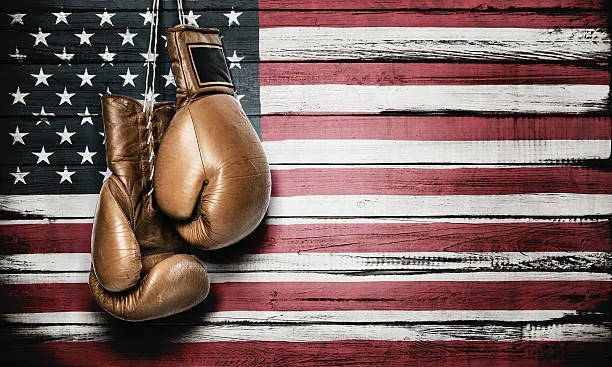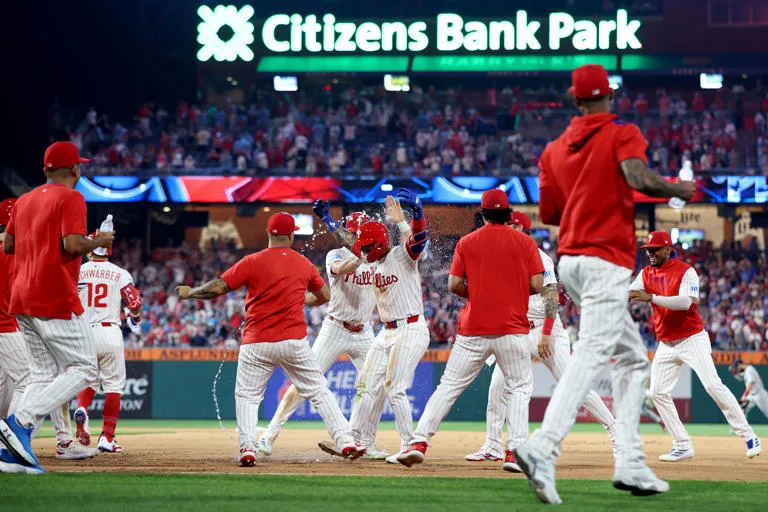Boxing: BIG Changes—Proposed 'Revival Act' Could Unleash UFC-Style Control and Reshape the Sport Forever

The U.S. boxing world could be on the verge of its biggest transformation in decades—and the blueprint comes straight from the UFC.
This week, U.S. Representatives Brian Jack (R-GA) and Sharice Davids (D-KS) introduced the Muhammad Ali American Boxing Revival Act, a sweeping 21-page proposal that could overhaul how boxing operates across the country. If passed, the legislation would weaken the influence of long-standing sanctioning bodies like the WBA and WBC, and instead pave the way for a UFC-like promotion model inside professional boxing.
The bill, supported by TKO Group Holdings (parent company to both UFC and WWE), and the Association of Boxing Commissions (ABC), would allow for the creation of Unified Boxing Organizations (UBOs). These entities could:
- Promote their own events
- Create independent rankings
- Award championship titles without oversight from traditional sanctioning bodies
While sanctioning bodies would still technically exist, their power could be drastically reduced. Fighters could choose between staying in the current system—or signing with a UBO and competing under a more centralized model where promotions control matchmaking, rankings, and title paths.
🔁 A UFC-Style Power Shift?
Under the current system, boxing’s governing bodies can order mandatory fights, force cross-promotional matchups, and manage their own rankings. That’s made the sport notoriously fragmented—but also ensured that no single promoter has total control.
With UBOs, the game changes. Promotions could operate like the UFC, which independently crowns its champions, makes its own rankings, and rarely works with outside organizations.
Critics, including combat sports analyst John S. Nash and lawyer Erik Magraken, warn this could lead to a monopolistic grip over boxing. If a single UBO signs top-tier talent, it could force all aspiring fighters to join the same system—cutting off independent opportunities and creating a closed loop promotion model.
“They’re eliminating the leverage the Ali Act gave boxers,” Nash said.
“It could create a stranglehold,” Magraken added.
💼 Fighter Pay & Health Changes Included
The act isn’t just about promotion power—it includes fighter protections as well:
- Minimum purse of $150 per round
- Mandatory $25,000 in health coverage
- Both apply to UBO and non-UBO events
While modest, these baselines would raise standards in states where no minimums currently exist, offering much-needed protections for undercard and regional-level fighters.
🎟️ The Timing Isn’t Random
This legislative push follows TKO Group’s formal entry into boxing, partnering with Saudi Arabia’s Turki Alalshikh to co-promote mega-events starting this year.
Their first show? A September super-fight between Canelo Alvarez and Terence Crawford at Allegiant Stadium in Las Vegas. UFC CEO Dana White has already teased that “the best will fight the best” under their vision of boxing’s future.
🧠 MainEvent.News | Backstage Take
This isn’t just a bill—it’s a corporate power play. The Revival Act could give TKO the same iron grip on boxing that UFC has on MMA. On one hand, it might finally deliver the fights fans crave. On the other? The death of boxing’s independent spirit. It’s a coin toss between evolution and empire.
Sports Headlines

Golf: Fair Play or Fallout? Paige Spiranac Sparks Etiquette Uproar on Golf Greens

MLB: Junior Caminero Joins 2025 Home Run Derby: “I’m Going to Put On a Show”

MLB: Bizarre Finish in Philly: Phillies Win on Catcher’s Interference — MLB’s First in Over 50 Years


